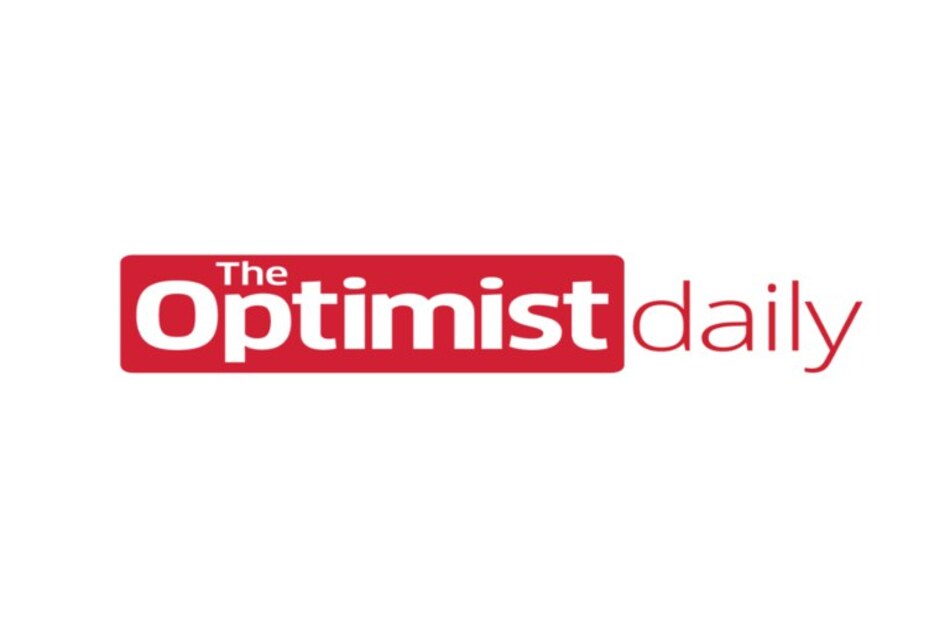Since the period of the industrial revolution, we’ve used one primary scale to measure productivity: hours. But is this really an effective way to gauge actual performance or output? Not exactly.
Measuring productivity in hours alone can discourage workers from being more efficient with their time. In some instances, it rewards those who are perceived to be working more hours, even when they’re not accomplishing much. Now that many workplaces have closed their doors and allowed employees to work from home, there is a unique opportunity to experiment with a different—and far more effective—scale.
In search of a viable alternative: In his 2012 book Extreme Productivity: Boost Your Results, Reduce Your Hours, MIT lecturer Robert Pozen offers an alternative productivity measurement system that he calls “performance objectives with success metrics.” “People should spend real time figuring out what their goals, priorities, and objectives are, and agree on success metrics on how you can tell after a week or a month whether you have achieved those,” he says. Pozen’s system empowers workers to work on their own schedules, so long as they’re able to complete the agreed-upon tasks within the agreed-upon timeframe.
Though it may require extra effort on behalf of employers and managers, however, Pozen believes that the practice of defining goals helps organizations better focus their efforts and better utilize their human resources. Pozen’s system empowers workers to work on their own schedules, so long as they’re able to complete the agreed-upon tasks within the agreed-upon timeframe.
Organizations going remote have a choice: As many companies are finding out, it doesn’t really matter if someone “works nine to five or four to midnight, as long as they get the job done.” There are remote jobs that require strict adherence to hours, such as customer service. In other roles, however, employers have been given a choice; use somewhat invasive tools to remotely track employee screens and maintain strict working hours, or offer employees greater flexibility and control over their own schedules.
While the former might provide employers with greater oversight, small business consultant Marla Tabaka argues that the latter breeds a stronger work culture and in turn more productive employees. “I’m seeing more CEOs begin to learn that letting go of that control gives them more control,” she says.
Will we start judging progress in terms of productivity rather than hours worked? While we shouldn’t expect companies to just stop measuring productivity in terms of hours, it will surely press companies to see how foolish it can be to link time and output, especially when it comes to knowledge-based work. It will certainly be fascinating to see what changes once the pandemic comes to a close.












